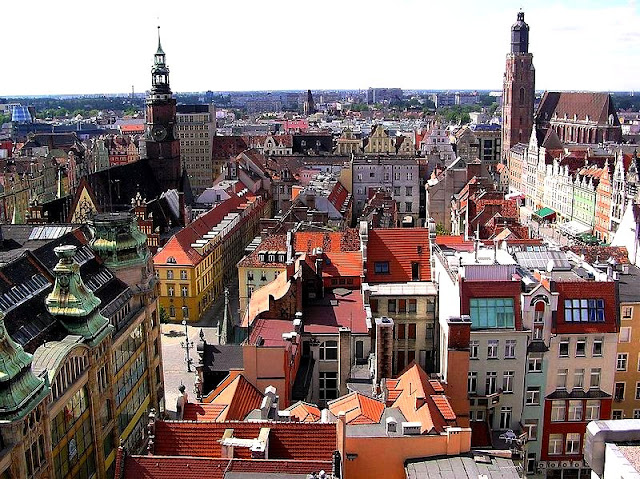Overrun countless times by marauding aggressors, subjugated to overbearing foreign rule for centuries, and now told their beloved vodka can be made from anything, the Polish nation has endured more than most. Yet Poland, a country crushed flat so many times it has become indestructible, is shaking off the last vestiges of forced slumber and rushing with great abandon into a modern 21st century.
Despite the country’s rush to embrace the future, its past cannot be ignored, particularly when it confronts you at every turn. Warsaw may be embracing New World cuisine, café culture and clubs that never close, but you’ll still encounter peasant women selling bunches of flowers in its beautifully reconstructed Old Town. Drive across the country’s northern expanse and you’ll stumble upon a string of 14th-century Gothic castles, like the magnificent example at Malbork, the last remnants of the once powerful Teutonic Knights. Catch a no-frills flight to Kraków or Wrocław and you’ll arrive in magnificent medieval centres. Or choose almost any major city, from Lublin to Poznań – and too many small towns – and you’ll bear witness to extermination camps established by Nazi Germany, derelict Jewish cemeteries, and dark political prisons, terrible reminders from the last 70 years. This massive land in the heart of Europe has become the epitome of a changing continent.
 Now a member of the EU, it is enjoying the rewards – and experiencing the challenges – of this exclusive club. Money has begun to flow into the country, repairing roads, building shopping malls and beautifying streets, but the progress is laboriously slow for some. Poland still has an unemployment rate twice as high as some of its EU compatriots, and its young, educated citizens are leaving in droves for wealthier pastures.
Now a member of the EU, it is enjoying the rewards – and experiencing the challenges – of this exclusive club. Money has begun to flow into the country, repairing roads, building shopping malls and beautifying streets, but the progress is laboriously slow for some. Poland still has an unemployment rate twice as high as some of its EU compatriots, and its young, educated citizens are leaving in droves for wealthier pastures.While the country’s cities rapidly modernise, its countryside continues to retain its rustic allure. In Poland’s southern reaches, dominated by tree-clad mountains, the cliché of horse-drawn carts transporting hay from the fields still holds true. Bucolic splendour spreads from the outskirts of urban centres as far as the eye can see, and pockets of primeval forest in the northeast shelter herds of wild bison. The clear waters of the Great Masurian Lakes prove irresistible to sailors and kayakers, and the long, sandy beaches of the Baltic coast provide ample opportunity for summer seaside sojourns.










0 comments: